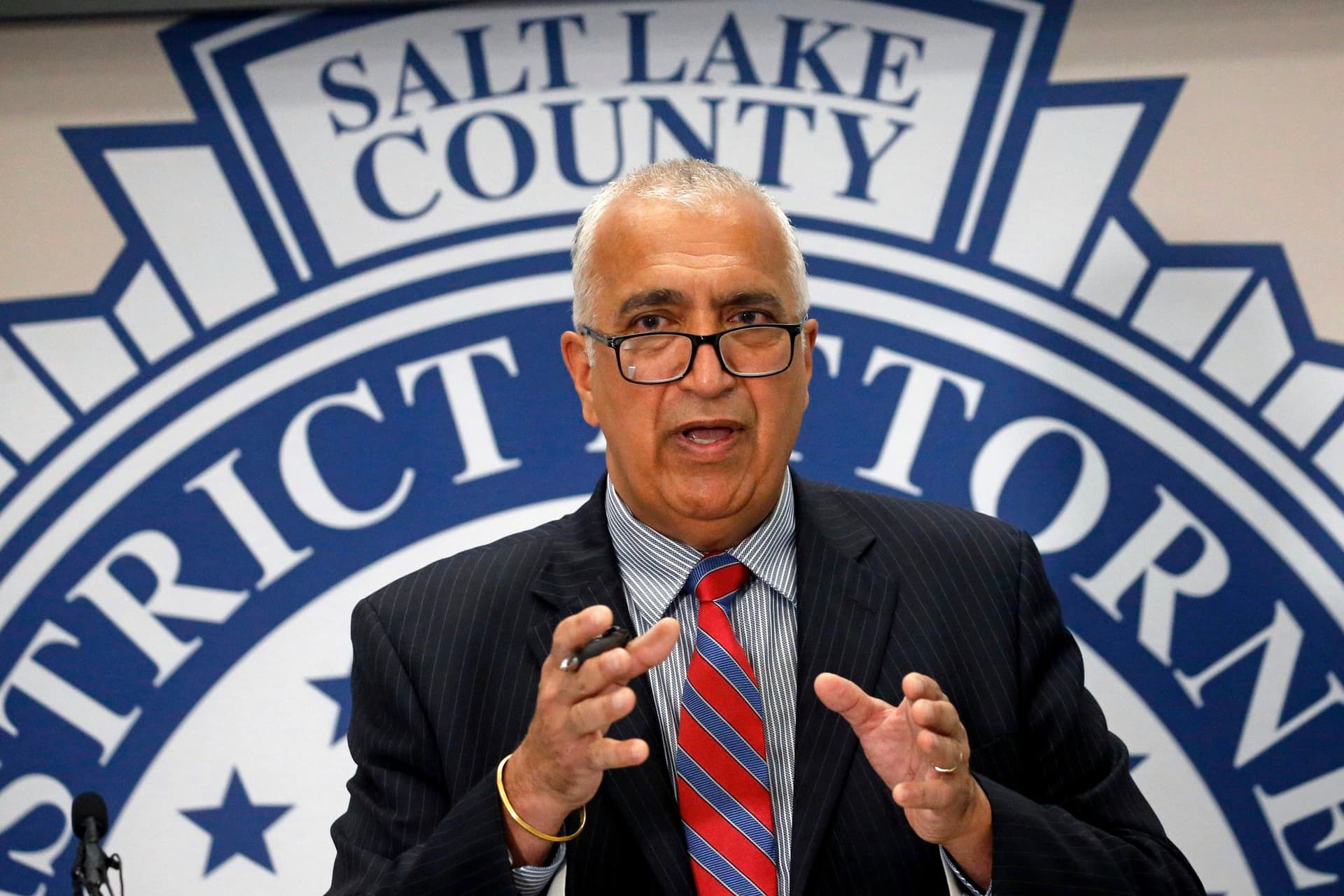Utah Prosecutor Declines Charges Against Anti Trafficking Group Founder
A Utah district attorney has declined to file criminal charges against the founder of a prominent anti child trafficking organization, concluding that the available evidence did not meet the threshold for prosecution. The decision highlights gaps in oversight of nonprofit operations and raises questions about accountability, donor transparency, and the role of prosecutors in politically sensitive cases.
Listen to Article
Click play to generate audio

The district attorney in Utah has decided not to pursue criminal charges against the founder of a nationally known anti child trafficking organization, a conclusion that closes one chapter of a high profile inquiry while opening broader debates about accountability and the regulation of advocacy groups. The prosecutor’s determination turns attention away from criminal liability and toward civil mechanisms, internal nonprofit governance, and the limits of local criminal justice processes.
Prosecutorial declinations reflect the legal standard that must be met before an individual is charged. Criminal prosecutions require proof beyond a reasonable doubt and assessments that evidence is legally admissible and credible. In practice, those determinations involve weighing witness reliability, documentary trails, jurisdictional questions and resource priorities. The decision in Utah underscores how high standards for criminal liability can leave significant public concerns unresolved when evidence falls short of that bar.
The case has wider policy implications. Anti trafficking organizations operate at the intersection of law enforcement, international operations and humanitarian assistance, which complicates oversight. Many advocates and donors expect robust results in fighting exploitation, while regulators focus on whether organizations comply with charity law, financial reporting and employment rules. When misconduct or mismanagement is alleged, the remedy often lies in civil enforcement, administrative sanctions or internal reform rather than criminal indictment.
This outcome is likely to intensify calls for strengthened regulatory scrutiny of nonprofit organizations that conduct transnational operations. State attorney generals, the Internal Revenue Service and independent auditors have tools to examine financial practices, governance structures and contractual arrangements. Legislators and regulators could consider requirements for enhanced transparency in fundraising, independent audits for organizations engaged in cross border interventions and clearer protocols for collaboration between nonprofits and law enforcement.
The prosecutorial decision also has political and civic consequences. Local and state prosecutors are elected officials in many jurisdictions, and high profile decisions affect public trust and voter perceptions of accountability. Cases that draw national attention can become focal points in campaigns for district attorney or state office, particularly when they touch on emotionally charged issues such as child exploitation. Elected officials and civic leaders face a balance between responding to public outrage and adhering to legal standards and due process.
Independent avenues for oversight and remedy remain available to stakeholders. Donors may seek refunds or pursue litigation over misrepresentation. Victims and alleged victims can explore civil claims. Regulators can initiate financial or licensing reviews. For communities and policymakers focused on prevention and protection, this decision highlights the need for clearer reporting standards, stronger coordination among investigative agencies and enhanced safeguards for vulnerable populations.
The Utah declination does not end public scrutiny. It reframes the conversation around what accountability looks like when criminal prosecution is not pursued, and it calls on civic institutions to consider reforms that ensure transparency, protect victims and maintain public confidence in both advocacy organizations and the justice system.


